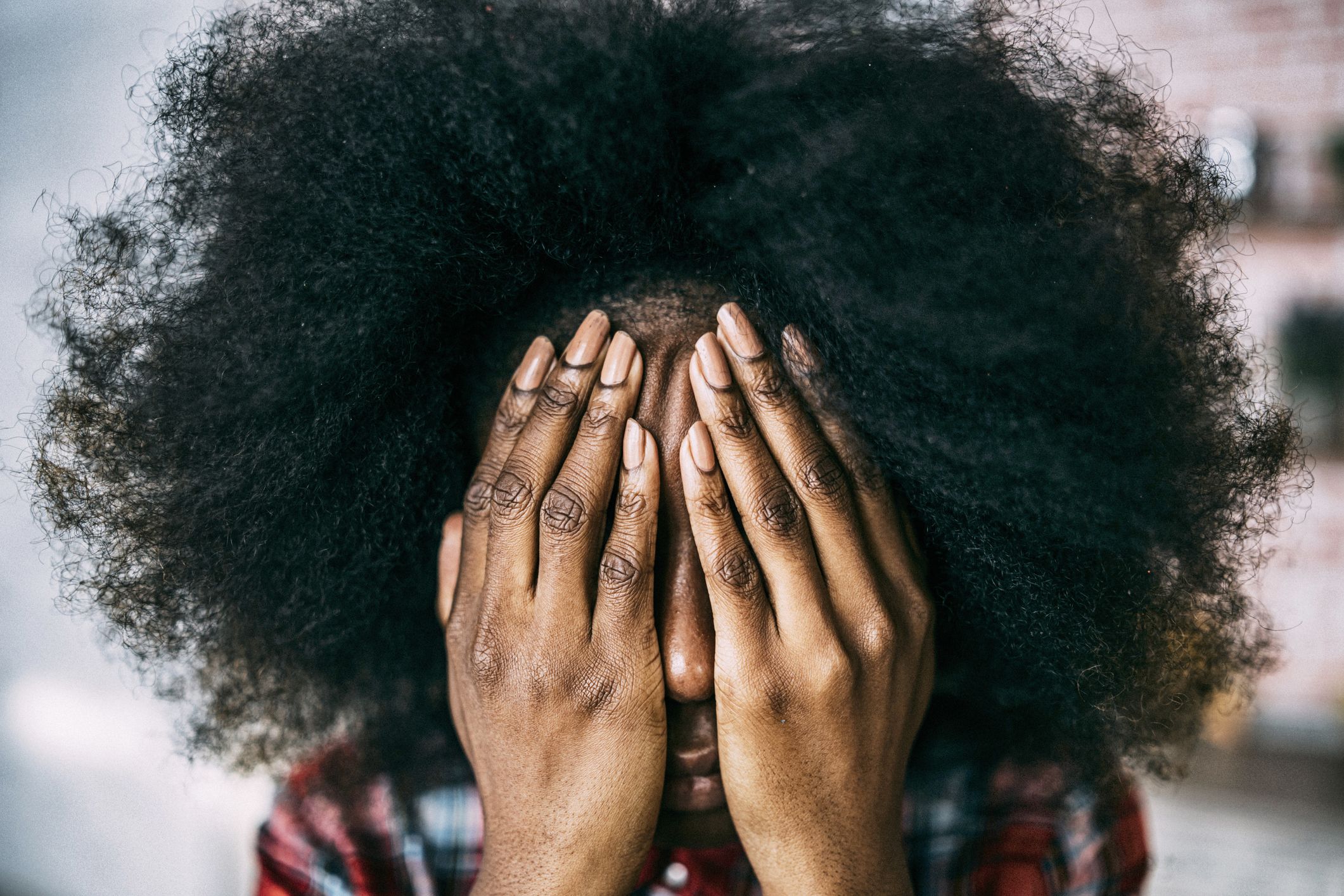Compared to non-Latino white Americans, Black Americans are 2.4 times more likely to be diagnosed with schizophrenia. There is also research that suggests that many Black Americans diagnosed with schizophrenia are misdiagnosed.
Here, we look at some of the factors that may contribute to the greater prevalence of schizophrenia and the problem of misdiagnosis.
Schizophrenia and genetics
The exact cause of schizophrenia is unknown, and the condition is likely caused by several different contributing risk factors.
Genetics are among those risk factors, and numerous gene variations associated with schizophrenia have been identified. Though the relationship between genetics and schizophrenia is not fully understood, it’s believed that genetic risk factors can predispose a person to having schizophrenia, and environmental factors can further increase the risk.
Schizophrenia and poverty
One reason that schizophrenia may be more common among Black Americans—Black Americans are more likely to experience poverty. The poverty rate for Black Americans is 20.8 percent. This means that more than one in five Black Americans is currently experiencing poverty.
Research from both the U.S. and other countries shows that experiencing poverty greatly increases a person’s risk of a serious mental illness like schizophrenia.
Birth complications, prenatal infections, exposure to toxins, substance use, nutritional deficiencies, chronic stress, and trauma are all much more likely to occur among people who are experiencing poverty. Exposure to any of these risk factors during childhood will put a person at greater risk of schizophrenia later in life.
It also needs to be mentioned that poverty and mental health conditions have a cyclical relationship—poverty puts a person at a greater risk of having a mental health condition, while having a mental health condition puts a person at a greater risk of experiencing poverty.
Misdiagnosis of schizophrenia
There is also research that shows that many Black Americans may be misdiagnosed as having schizophrenia. Misdiagnosed means that a person presenting with symptoms of another mental health condition—such as depression or bipolar disorder—is inaccurately diagnosed as having schizophrenia.
There are several contributing factors that are recognized. One is that mistrust of healthcare providers and systems is more prevalent among Black Americans. This mistrust is in many cases a normal response to negative experiences. In a clinical setting—and alongside other mood disorder symptoms—mistrust can look like paranoia, a symptom of schizophrenia.
Conscious and unconscious bias is another contributing factor. Diagnosing schizophrenia involves eliminating the other possible causes of symptoms. Research has found that providers treating Black Americans often give more significance to symptoms that align with schizophrenia, and less significance to symptoms that align with depression or another condition. Research suggests that this is a problem that not only exists in the U.S. healthcare system, but other countries around the globe as well.
Working with a healthcare provider
When misdiagnosis is common, it can present a new problem for Black Americans who have been accurately diagnosed with schizophrenia. They may now face the possibility of healthcare workers doubting the accuracy of the diagnosis. They may also even begin to doubt their own diagnosis.
If you find yourself in this position, it’s essential that you work with a healthcare provider who understands schizophrenia—and also understands the challenges that Black Americans face when seeking care for a mental health condition.






